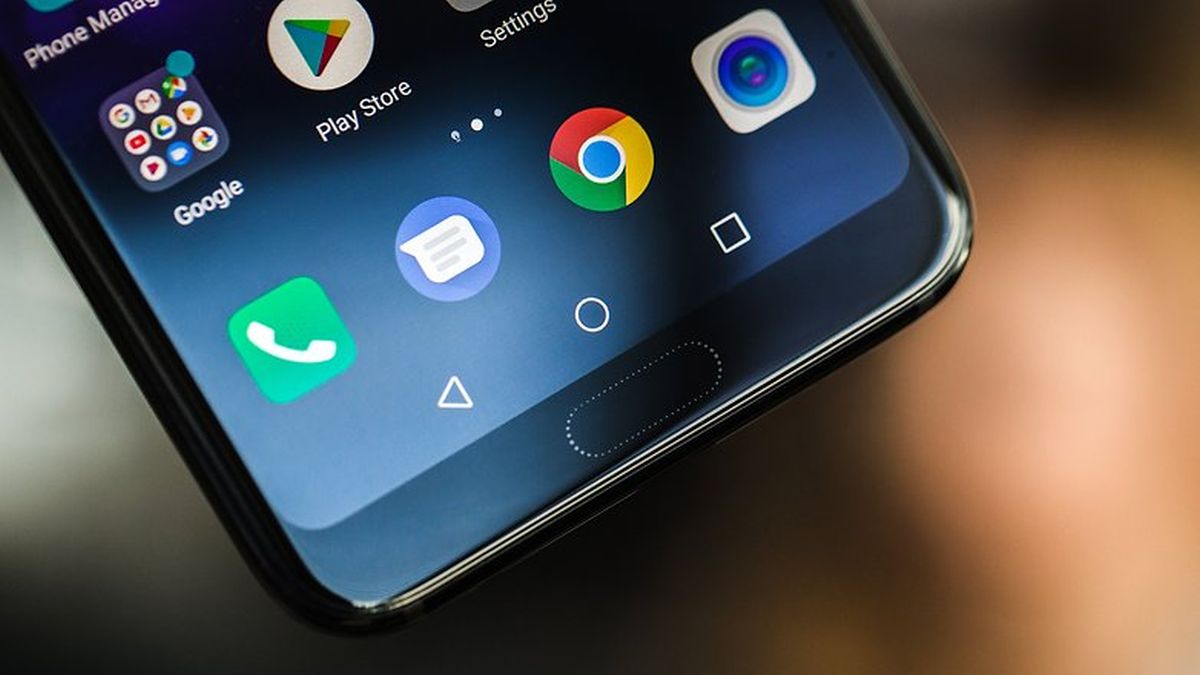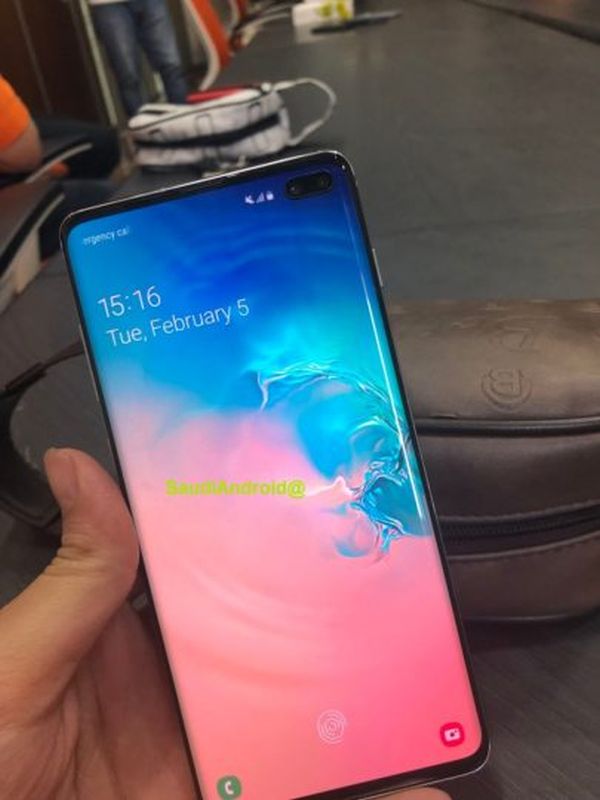To be fair, the concept and technology of in-display fingerprint scanning have been around since June last year. For example, the Vivo V11 and the OnePlus 6T are two phones smartphones that ship out with a fingerprint scanner embedded beneath their displays. The Huawei Honor 10 is another phone that houses an ultrasonic fingerprint sensor, although that sensor is situated just below the display rather than beneath it.
In the case of Qualcomm, it’s ultrasonic scanner technology uses sound waves to generate a map of your fingerprint with waves of pressure bouncing off your skin. Apparently, it’s so accurate that Qualcomm says it could still get the prints off your finger even if it was wet. In addition, he also claimed a 1% rejection rate and a lag time of 250 milliseconds.
Currently, only Apple and Samsung are using flexible OLED display on a large scale. Samsung will most likely be the one to utilize this technology. Apple, on the other hand, might not be so inclined to adopt said technology, considering its history with Qualcomm. (Source: CNET // Image source: CNET)

